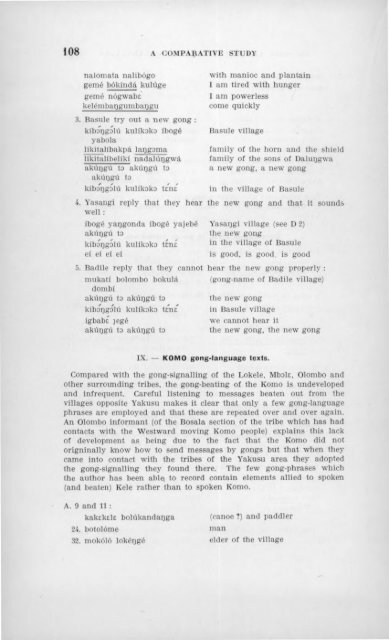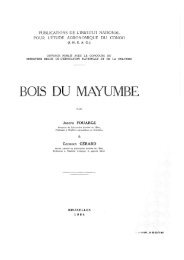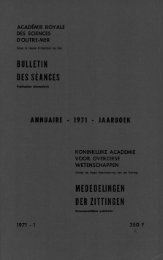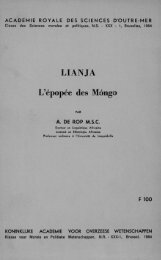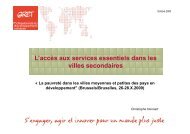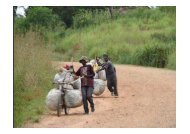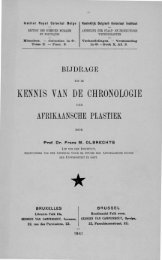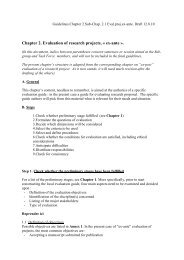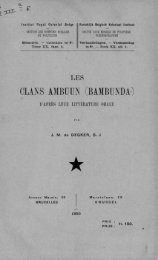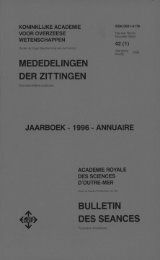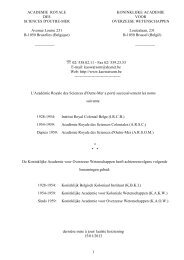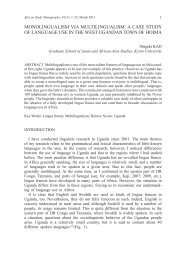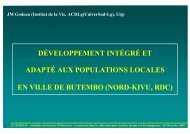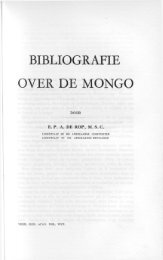CENTRAL AFRICAN GONG-LANGUAGES
CENTRAL AFRICAN GONG-LANGUAGES
CENTRAL AFRICAN GONG-LANGUAGES
- No tags were found...
Create successful ePaper yourself
Turn your PDF publications into a flip-book with our unique Google optimized e-Paper software.
108 A C O M P A R A T IV E STTJDYnalomata nalibôgogemé bôkindâ kulùgegemé nógwabekelémbaqgimibaijgu3. Basule try out a new gong :kibarjgalù kulikoko ibogéyabolalikitalibakpa laijgomalikitaliheliki nadalûqgwdaküqgù ta aküijgù taakùijgù takiborçgalü kulikoka tcne4. Yasangi reply that Ihey hearw ell :ibogé yarjgonda Ibogé yajebéaktiqgü takibarjgalù kulikaka ténéei ei el ei5. Badile reply that they cannotmukati bolombo bokulâdombiaki'irjgù ta akûqgü takibaggalü kulikaka tîn tigbabé jegéakürçgù ta akûijgü tawith manioc and plantainI am tired with hungerI am powerlesscome quicklyBasule villagefam ily of the horn and the shieldfam ily of the sons of Daluijgwaa new gong, a new gongin the village of Basulethe new gong and that it soundsYasaqgi village (see D 2)the new gongin the village of Basuleis good, is good. is goodhear the new gong properly :(gong-name of Badile village)the new gongin Basule villagewe cannot hear itthe new gong, the new gongIX. — KOMO gong-language texts.Compared with the gong-signalling of the Lokele, Mbalc, Olombo andother surrounding tribes, the gong-beating of the Komo is undevelopedand infrequent. Careful listening to messages beaten out from thevillages opposite Yakusu makes it clear that only a few gong-languagephrases are employed and that these are repeated over and over again.An Olombo informant (of the Bosala section of the tribe which has hadcontacts with the Westward moving Komo people) explains this lackof development as being due to the fact that the Komo did notorigninally know how to send messages by gongs but that when theycame into contact with the tribes of the Yakusu area they adoptedthe gong-signalling they found there. The few gong-phrases whichthe author has been ablei to record contain elements allied to spoken(and beaten) Kele rather than to spoken Komo.A. 9 and 11 :kakekele bolûkandaijga24. botolóme man(canoë ?) and paddler32. mokóló lokérçgé elder of the village


